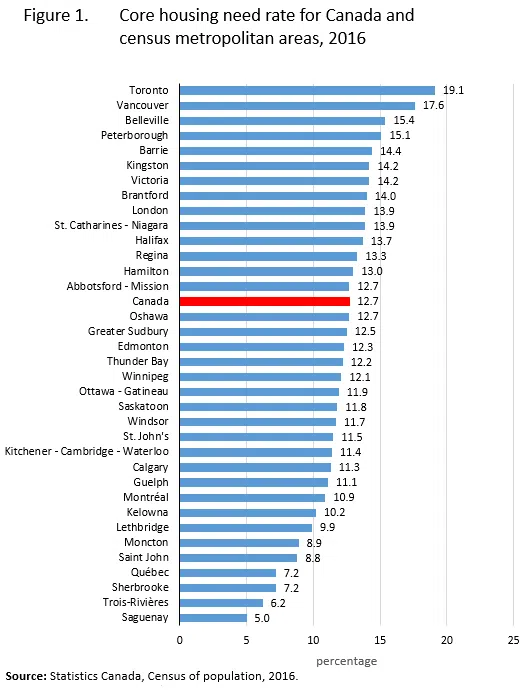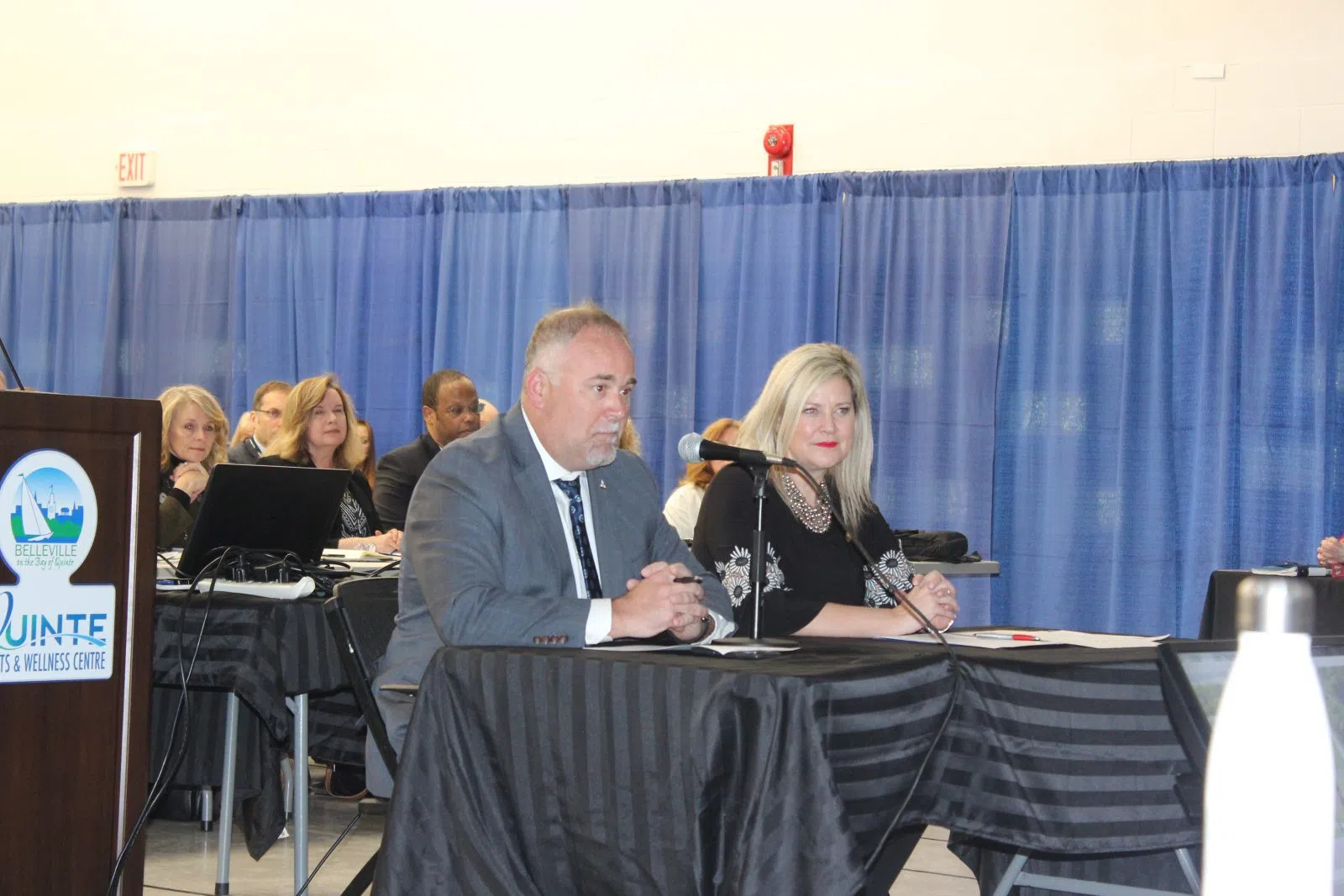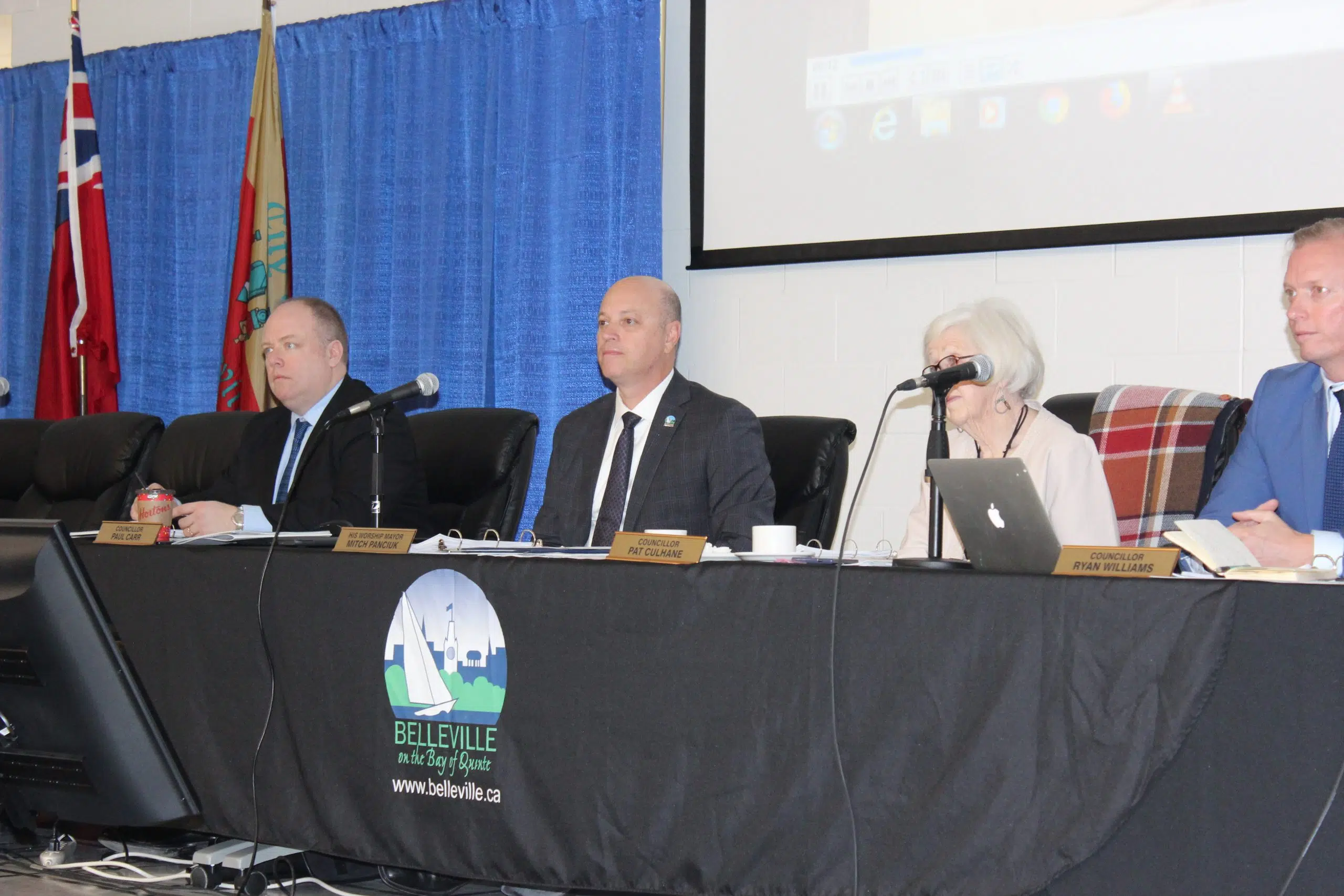The housing market was the focus of Belleville council and other regional stakeholders this morning.
Finding concrete solutions and the road back to a balanced housing market is the goal of a two day summit hosted by the City of Belleville.
Mayor Mitch Panciuk told those in attendance at the Quinte Sports and Wellness Centre this morning (Monday) they need to act on housing now and must focus on where they can make the most impact in the shortest time frame to provide a catalyst to get this under way.
He says many in the community are feeling insecure about their housing status and when people can’t find housing it is a negative restriction on the local economy.
Panciuk says they need to make a commitment to take action before the housing crisis gets any worse. The statistics support there is an issue in the friendly city as Belleville is fourth nationwide in terms of rental increases and third in core housing need behind Toronto and Vancouver.

The goal of the summit is two-fold according to Panciuk. He says they want to increase the rental supply in the market and where possible to increase affordability for residents. He said these goals are connected and related and in order to achieve these goals it will take action where possible within the city’s mandate.
Bay of Quinte MPP and Government House Leader Todd Smith was at the summit on behalf MPP Steve Clark, the Minister of Municipal Affairs and Housing and said the government is working to reduce red tape to build more houses.
Smith said they haven’t had a lot of rental housing built in a long time and there is a crisis here. He continued by saying they need to act now and it’s not going to be fixed overnight but this summit is an important first step.
Parliamentary assistant to MPP Clark, Christine Hogarth told those in attendance the government knows they must act but it is not a one size fits all solution. She said there is a need for more rental housing and more rental housing people can afford.

MPP Todd Smith was at the Belleville Housing Summit on behalf of MPP Steve Clark, the Minister of Municipal Affairs and Housing, as well as Christine Hogarth, Parliamentary Assistant to the Minister of Municipal Affairs and Housing. (Photo: Amanda Smith/Quinte News)
Defining ‘affordable housing’ was also mentioned to make sure everyone was on the same page. Affordable housing was defined as: housing is considered “affordable” if it costs less than 30% of a household’s before-tax income. Many people think the term “affordable housing” refers only to rental housing that is subsidized by the government. In reality, it’s a very broad term that can include housing provided by the private, public and nonprofit sectors. It also includes all forms of housing tenure : rental, ownership and co-operative ownership, as well as temporary and permanent housing. (from CMHC Website)
Chief Building Official Ted Marecak said 50% of individuals spend 30% or more of their income on housing. He detailed a number of housing initiatives that are under site plan review, moving into the construction phase or under construction to help deal with the lack of housing available.
Rob Bovay, Director of Engineering and Development Services said the city has a goal to ensure they have a 20 year housing supply within their boundary of all types of housing. He says in fact, they have a 60 year supply.
Mayor Panciuk stated the city spent 12 years intensely promoting infrastructure development as a means of stimulating the local economy, and the private sector has responded by taking full advantage of investments but if the City doesn’t take action on housing now, they undercut the very benefits those infrastructure investments were intended to bring.
Bovay said this summit is the start of finding solutions to the housing issues, and they may not be able to find answers following this summit but a good sense of direction may come of it.
Panciuk said in his opening address they should be prepared to challenge conventional thinking and consider practical solutions.
One challenge to conventional thinking came from Michael Collins-Williams from the Ontario Home Builders Association. He said the OHBA recommends the province prohibit municipalities from requiring minimum parking standards for secondary (or even third ancillary) units.
Phil Spry, the co-owner of MAPS Developments Corporation said he agrees with a reduction in required parking standards as the majority of his tenants at 450 Sidney Street, better known as Sidney Place, don’t have a vehicle.
Michelle Ogden of Hastings County says public/private partnerships have proven to be very effective and over half of new affordable housing projects are because of these kinds of partnerships.
Hastings County received funding to construct a forty-unit supportive housing building in the City of Belleville. The cost of construction is cost-shared between the Province and Hastings County (35 units) with additional funding coming from the Social Infrastructure Fund (5 units) which is a cost-shared between the Federal Government, the Province and Hastings County. The new Home for Good building is expected to be ready for occupancy in the Fall of 2019.
The summit continues until noon on Tuesday.






